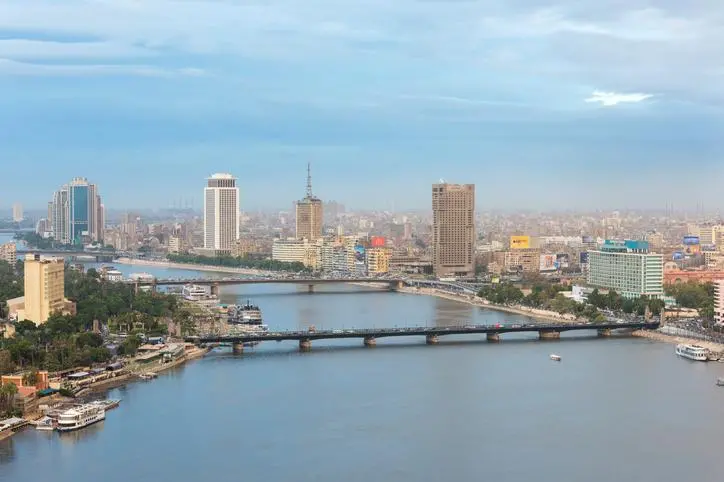PHOTO
Rising price pressure and a weakening currency against the US dollar weighed on non-oil business conditions in Egypt in December as companies reported higher costs and a slump in demand.
The headline purchasing manager’s index (PMI) for the month dropped to 48.1 from 49.2 in November - anything below 50.0 indicates weakening of business conditions.
David Owen, Senior Economist at S&P Global Market Intelligence, said Egypt’s non-oil private sector recovery is unlikely to be without setbacks in 2025.
“The downturn meant that firms were less keen to raise their own charges in the face of accelerating cost burdens, instead tightening their margins in a bid to salvage orders.
“While this supported a pick-up in optimism towards future business activity, others suggested that exchange rate movements could be a decisive factor in how output and profits fare in the coming months.”
The latest decline in business conditions was the sharpest for eight months, which respondents said was mainly due to subdued new order volumes.
Firms also associated weaker demand with challenging economic conditions for clients and rising price pressures.
The downturn in private sector activity was especially marked across the construction and wholesale and retail sectors.
Panellists said a worsening of the exchange rate between the Egyptian pound and the US dollar led to increased inflationary pressures in output, and new orders fall at the sharpest rates in eight months.
The Egyptian pound has been losing value against the US dollar since March 2024. S&P said employment numbers have been cut and input cost inflation has quickened as the US dollar appreciates.
(Writing by Imogen Lillywhite; editing by Daniel Luiz)





















